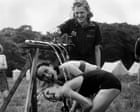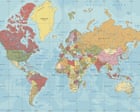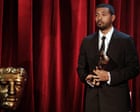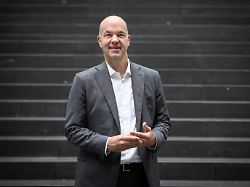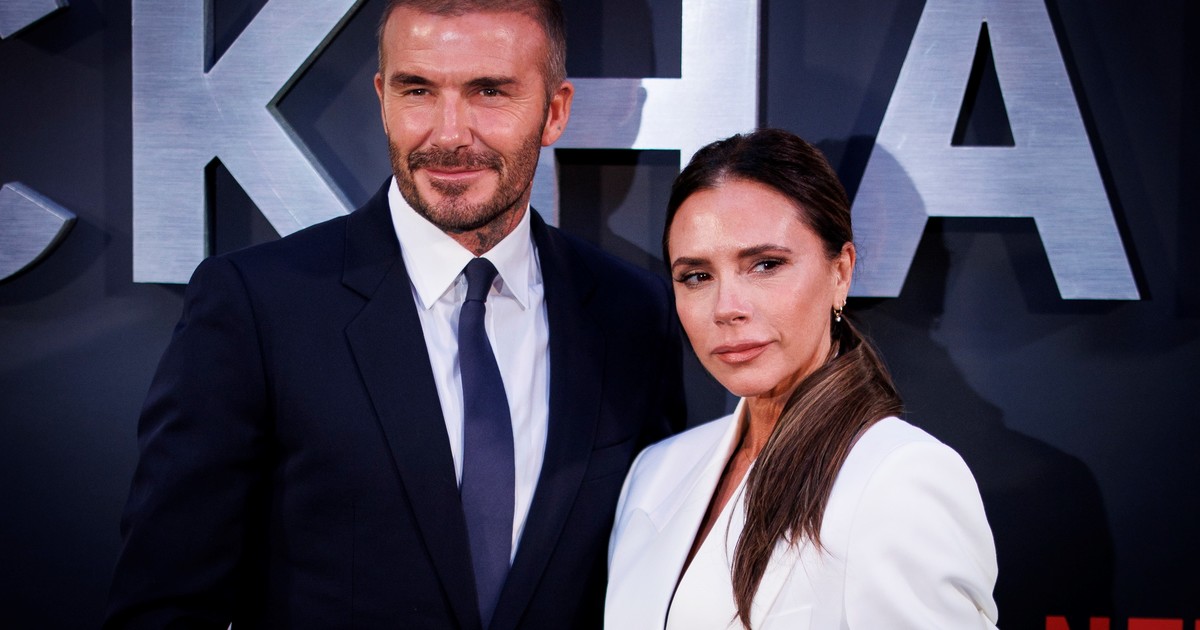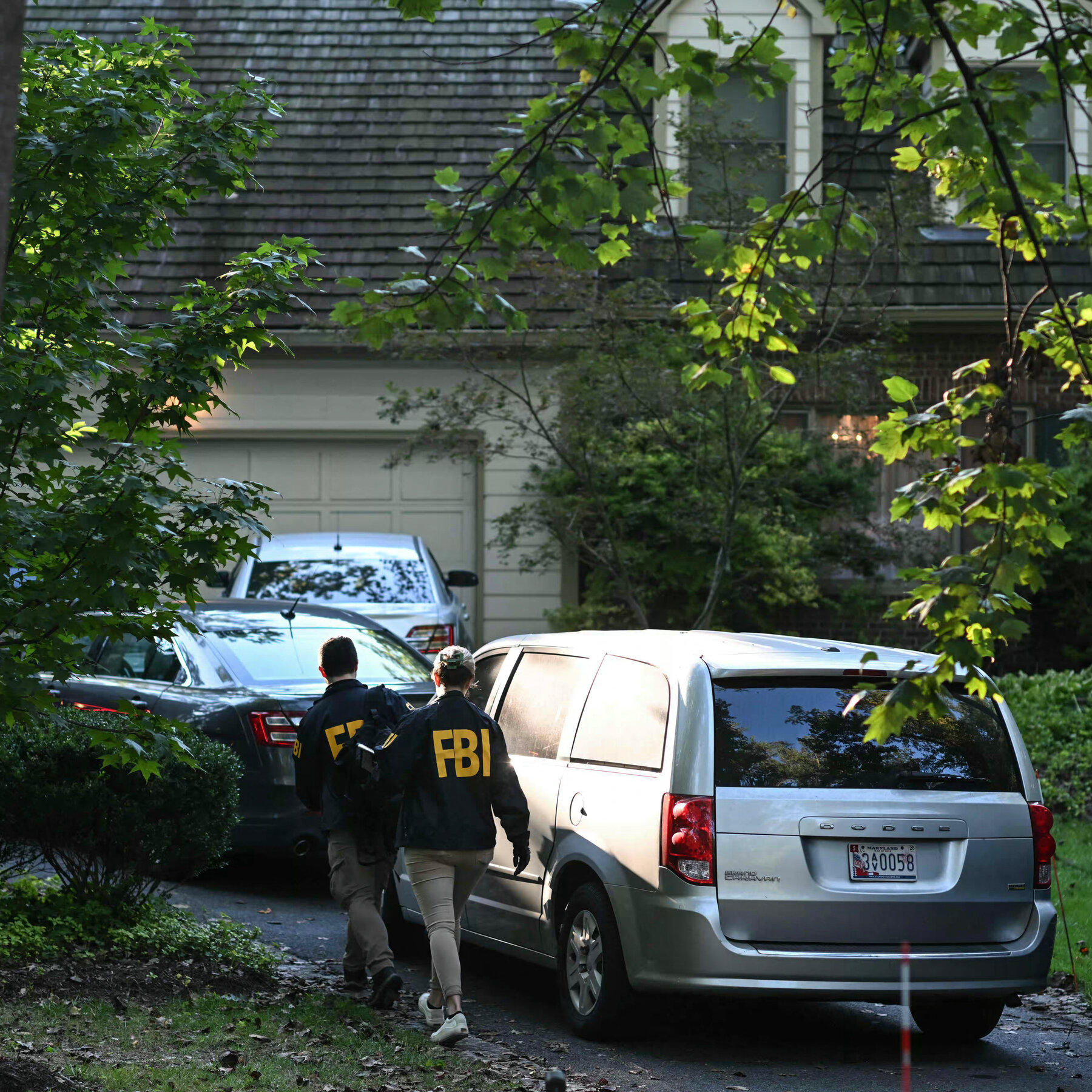Andrew Moncrieff, Mary Mills and Rev Clive R Fowle take a trip down memory lane, while Anthony Claff and Peter Wrigley say the Scouts weren’t so bad eitherPhineas Harper’s article reminded me of how much the Woodcraft Folk influenced my life (Like Jeremy Corbyn and Sophie Ellis-Bextor, I grew up in Woodcraft Folk. Here’s how it changes children’s lives, 16 August). In the early 1950s my parents actively sought a socialist children’s organisation. We lived in Clapham and the nearest Woodcraft group met in a co-op hall in Balham. The group was called Sunrise Elfins and the leader was Ada, the wife of national organiser Henry Fair.In 1952, aged six, I went on my first of many summer camps. The camp was at Westward Ho! and was hit by a hurricane that was reported on the Daily Mirror’s front page. In 1959 I went to Czechoslovakia in a 10-strong delegation. One of my lasting memories was visiting Lidice, a village razed to the ground in reprisal for the assassination of an SS official, Reinhard Heydrich. Continue reading…
The Guardian view on Africa and maps: drawn true, its scale and promise can’t be ignored | Editorial (Quelle: The Guardian)
The push for fairer cartography rejects colonial shrinkage of a huge continent by the Mercator projection. This is not pedantry. It’s politicsThe African Union wants to replace the world’s most popular map with one that more accurately represents the continent’s size. This demand may seem better suited to geography departments than heads of government. Yet in politics, symbols matter. And the Mercator projection, devised in the 16th century to help European sailors navigate their way to conquest and commerce, has quietly shaped how we see the world for centuries.By stretching the higher latitudes and squeezing the equatorial belt, the Mercator projection distorts the relative size of continents. Europe and North America loom vast, while Africa and South America shrink. Greenland often appears roughly the same size as Africa, when in reality the continent is 14 times larger. The impression is that the north is large and central, the south peripheral and marginal. Continue reading…
The Guardian view on Noel Clarke: accountability came from journalism, not a complicit industry | Editorial (Quelle: The Guardian)
This newspaper’s victory in court underlines the courage of the women who spoke up and how in TV power shielded abuseThe high court’s dismissal of the actor Noel Clarke’s case against the Guardian is about more than one actor’s failed libel claim. Mrs Justice Steyn’s judgment is about power and complicity as well as the failure to protect vulnerable people. In her verdict, she agreed with the Guardian that there were “strong grounds to believe that [Clarke] is a serial abuser of women”.The court heard testimony from 26 witnesses before concluding that Clarke had engaged in harassment, bullying and abuse of power over many years. The judge accepted some of his evidence, but found him to be neither credible or reliable. The Guardian’s journalists, by contrast, were meticulous and gave Clarke reasonable opportunity to respond as well as fairly presenting his denials. Without women speaking up, Clarke would never have been exposed. Continue reading…
Obsession, blackmail and Instagram: inside Lurker, the year’s most compelling thriller (Quelle: The Guardian)
The Talented Mr Ripley gets an upgrade in a buzzy and biting film about a desperate outsider who infiltrates the inner circle of a singer on the riseIf Tom Ripley lived in LA in 2018 and was really into lo-fi bedroom pop, he might look something like the main character of Lurker. The debut feature from Alex Russell, The Bear and Beef writer-producer, is an elegantly creepy thriller about one super-fan’s scheme to become close to his musical idol, transposing author Patricia Highsmith’s “two-man theme” into a murkier grey territory, with parasitic attachment giving way to co-dependence that blooms into something that looks like a twisted kind of love.The lurker of the title is Matthew (Théodore Pellerin), an isolated twentysomething who lives with his grandma and works shifts at a local vintage boutique to make ends meet. After a chance run-in with his idol Oliver (Saltburn’s Archie Madekwe) at the vintage store where he works, Matthew worms his way into Oliver’s entourage and makes himself indispensable – first as a videographer, then confidante and then as someone who has the power to make Oliver’s enviable life come crashing down. “The thing I found relatable is that no one tells you how lonely being any version of an artist is,” says Madekwe. “Oliver needs someone outside the paid [members of his team] to say ‘Yeah, I fuck with it. I get it. You’re so real.’ He needs it because he knows that he’s a bit of a fraud anyway.” Continue reading…
Tottenham only want players who wear club’s ‘fantastic badge’, says Frank (Quelle: The Guardian)
‘I don’t want players that don’t want to come to the club’Mikel Arteta echoes importance of desire to join a teamThomas Frank has made it clear that he only wants players at Tottenham who are committed to the club’s “fantastic badge” as the dust begins to settle on the Eberechi Eze saga.Spurs reached an agreement with Crystal Palace for the transfer of the England forward on Wednesday and believed they had one with the player as well. Yet hours later, Arsenal swept in to gazump them and are primed to confirm his arrival in a £67.5m deal. If it is a coup for Arsenal and a dream move for Eze, who supported the club as a boy, it has been an episode Spurs would rather forget. They failed in a bid for Nottingham Forest’s Morgan Gibbs-White in July and are without their two main central attacking midfielders, Dejan Kulusevski and James Maddison. Both have long-term injuries. Continue reading…
